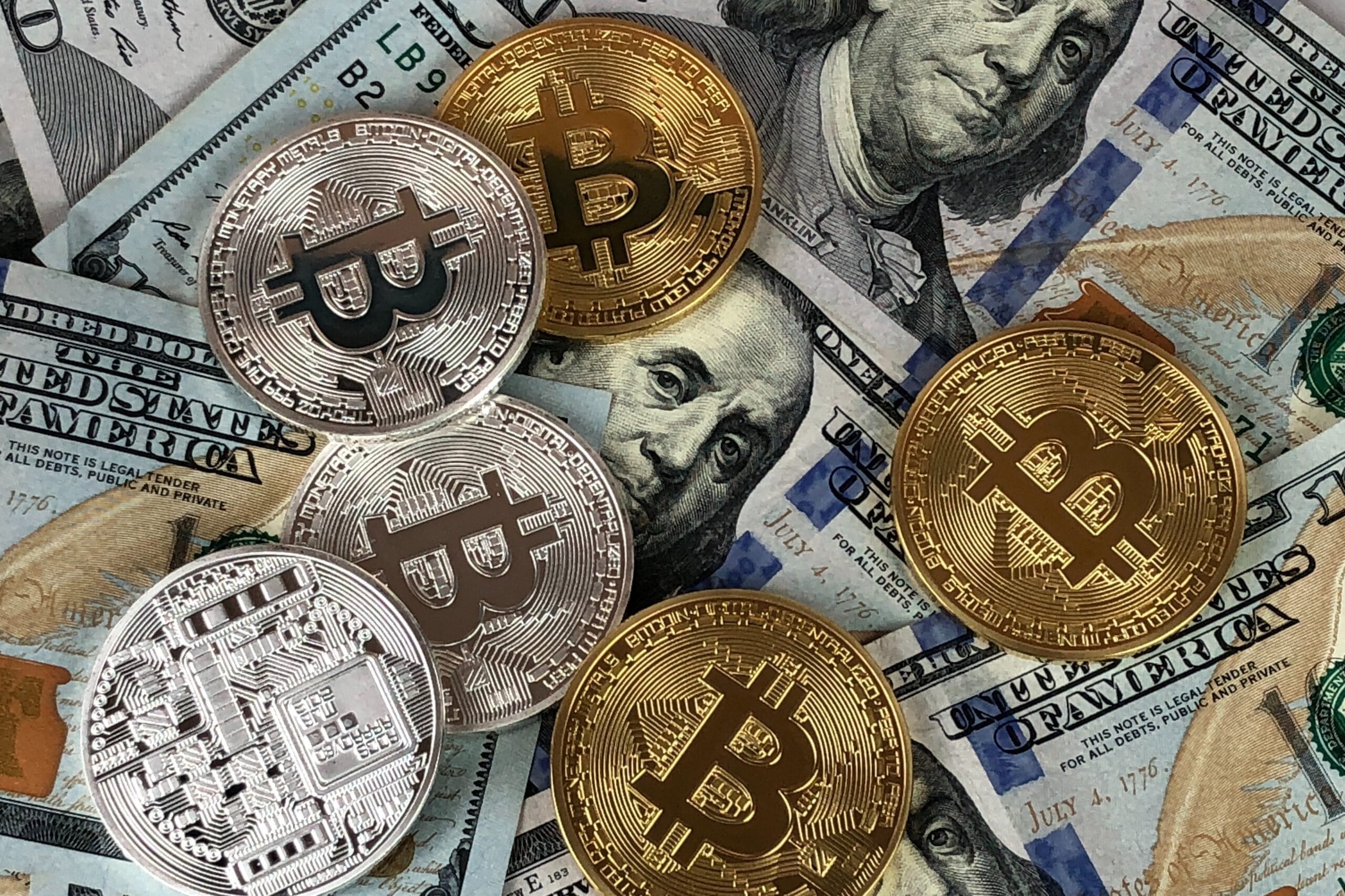A cryptocurrency is a form of digital currency, meaning it is stored electronically but does not exist physically. People can buy and sell cryptocurrencies on exchanges, and send them to each other without going through banks.
This is possible through blockchain technology, which uses complex math to ensure that all transactions are verified. These features make cryptocurrencies popular because they are decentralized and no single person or group has control over them.
Bitcoin, the first and most well-known cryptocurrency, was created in 2009. Cryptocurrencies are often traded on decentralized exchanges and can also be used to purchase goods and services.
Cryptocurrency is a complicated subject, but it’s worth understanding the basics before you invest in it.
There are thousands of cryptocurrencies
There are thousands of cryptocurrencies in existence, and they vary widely. Some have better technology than others, and some are more popular or stable; while some have more secure blockchains than others.
The top 10 most popular cryptocurrencies in the world are-
Bitcoin remains the most popular cryptocurrency
Bitcoin remains the most popular cryptocurrency. It has a market capitalization of around $600 Billion, and its current value is $29,468. Down from its highest price of $65,000 in February 2021, April 2021, and November 2021.
Bitcoin is a digital currency that can be used for online transactions. Unlike traditional currencies like dollars and euros, it isn’t controlled by any government or organization—instead, the currency is completely decentralized. Bitcoin owners have their own private keys to access their funds on bitcoin’s blockchain network. No banks are involved in transactions between two parties exchanging bitcoin.
What is “mining” in cryptocurrency
The term “mining” comes from the fact that the process of creating cryptocurrencies involves solving complicated math problems using computers. These solutions are called proofs of work, and they’re used to confirm transactions on the blockchain.
Blockchain is the digital public ledger where all cryptocurrency transactions are recorded in an encrypted format.
In order to perform a transaction, it needs to be confirmed by at least 51% of all miners on the network. This prevents duplicate payments and ensures that no one can spend more than they actually have (it prevents fraud). Mining is also how new bitcoins are created: when you solve a proof-of-work problem correctly.
Nowadays, GPU mining has also become so popular in the crypto market. GPU mining uses more graphics cards to mine cryptocurrencies.
Cryptocurrencies are decentralized
Cryptocurrencies have gained popularity because they are decentralized and relatively anonymous.
Bitcoin is directly controlled by the users of the platform. Users can send cryptocurrency transactions from their wallets to other wallets using peer-to-peer (P2P) communications protocols. The transactions are stored on the blockchain that is publicly available for anyone to view at any time.
People buy and sell cryptocurrencies on exchanges
Cryptocurrencies are traded on exchanges.
Exchanges are online marketplaces where people can buy and sell cryptocurrencies. They’re like stock exchanges, but instead of buying and selling stocks, you buy and sell cryptocurrencies.
There are two types of exchanges: centralized and decentralized. Centralized exchanges allow users to make trades with their own funds. Decentralized ones require you to deposit your own funds into a smart contract wallet first before making trades. If one type sounds more appealing to you than the other, that’s okay! it just depends on your preference for how secure your funds are kept while trading.
Some countries have banned cryptocurrencies
Some countries have banned cryptocurrencies entirely while others collect tax revenue from their use.
For example, China has recently banned all cryptocurrency trading platforms citing potential risks and money laundering concerns. Other countries like South Korea, Japan, and India have also taken steps to regulate their cryptocurrency. But in ways that are intended to protect investors while still encouraging innovation in the industry.
In some cases, governments have enacted policies that may be seen as restrictive towards digital currency exchanges and businesses.
Cryptocurrency is complicated
Cryptocurrency is complicated but it’s also important to know that cryptocurrencies are not regulated by a central bank or government. The value of all cryptocurrencies is based on supply and demand, which means the price can fluctuate day to day. Cryptocurrencies don’t have physical, tangible assets behind them as gold does; instead, they’re backed by the trust and faith of their users.
Conclusion
Crypto-currency is a complicated concept, but now you know the basics. You can think of it like regular money, with some key differences. It doesn’t exist physically, there are thousands of different kinds of crypto-currencies, and no one person or group controls them. It’s also decentralized and anonymous, meaning that no one can stop you from sending crypto-currency to another person. Because cryptocurrency is so new and evolving rapidly, some countries have banned them while others collect tax from its use. For example, the United States treats cryptocurrency like property while China considers it illegal. Although, they’re testing their own version called Digital Currency Electronic Payment (DCEP).
As always with any investment strategy: do your homework before putting your money into something!

Hi, I’m Nathan Cross, a writer and avid reader who loves crafting articles for newspapers and online platforms. Words are my passion, whether I’m telling stories, sharing insights, or sparking conversations. When I’m not writing, you’ll find me lost in a book or out on the baseball field, enjoying the game that keeps me grounded. Writing, reading, and baseball—these are the things that define me.




